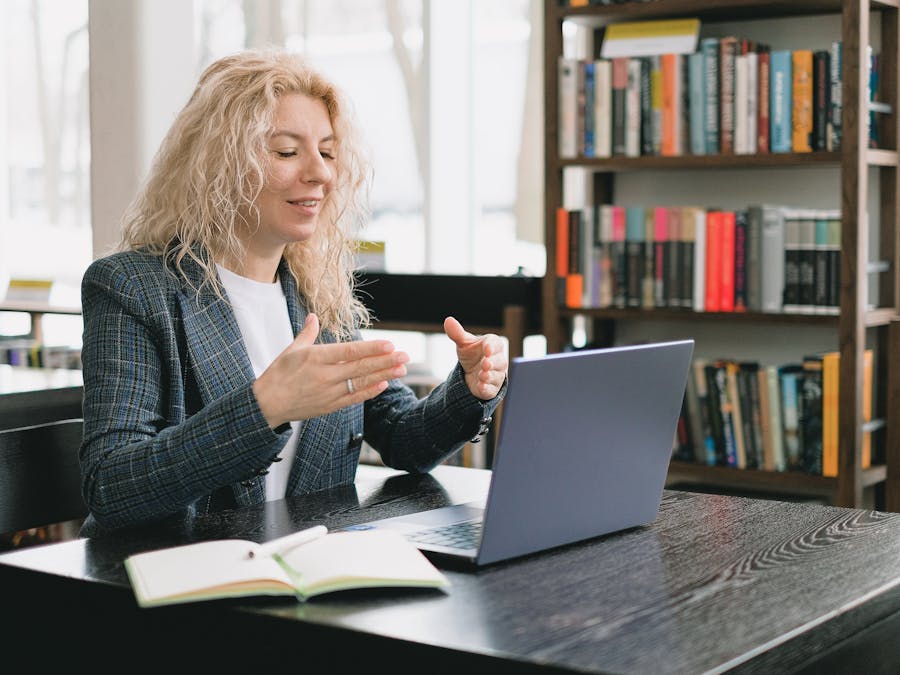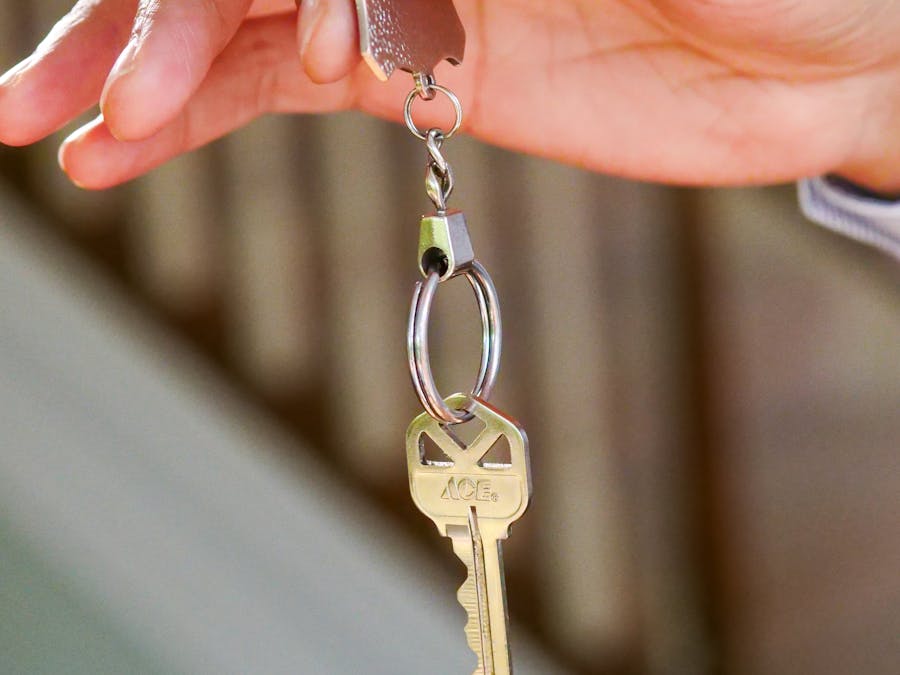 Piano Guidance
Piano Guidance
 Piano Guidance
Piano Guidance

 Photo: cottonbro studio
Photo: cottonbro studio
Because it's a mental activity that engages most parts of your brain, touch typing helps activate new memory muscles and build more active and strong cognitive connections that in turn will enhance your overall brain capacity and function.

If you had to pick one method, I would go with reading music because it will help you in so many ways. But as you are not tied to any one method, I...
Read More »
The highest piano Grade is 8. It requires very high technical skills, and the ability to play the instrument with the use of proper skills and...
Read More »What kind of brain exercises do you practice to improve your memory and get a more resilient, fit brain? If you’re finding it hard to think of one, you might be surprised that even if you don’t realize it, you’re probably doing one every day: typing. Touch typing is one brain activity you can practice to build memory muscle and achieve a more efficient overall brain function. Typing is a cognitive-based tech skill that relies a lot on memory. When we type a word on a keyboard we are engaging several cognitive faculties at once. The process of typing out the correct sequence of letters to spell a word correctly engages our language, memory, motor, and sensory faculties, among others. What seems like an automated process, where you think of ideas and your hands simply translate these into keystrokes on the keyboard, is in fact a very complex cognitive process that you’ve mastered through repetitive practice. This is what makes it possible for you to type without being conscious of the process, much like when you’re riding a bicycle or driving a car. You can use touch typing to improve your memory and enhance your brain function. According to Lifehacker.com, when you mistype a word, don’t just correct that one-letter error, delete the entire word and type it again. This is an excellent memory practice that forces your brain to recall the correct spelling of a word. It’s easier to fix a misspelling your spellchecker flags red, but it’s much more demanding and effective to delete the entire word and spell it from scratch – and you should type it as many times as necessary until you get it right. What’s so extraordinary about typing —and playing piano for that matter, another keyboard skill — is that it’s a mental activity that activates and engages both sides of your brain. This means that a range of modules in your brain (the memory, motor, sensory and language modules in particular) are all activated and are interacting with one another in order for you to touch type correctly. So each time you mistype a word and you try to come up with the right spelling, you’re activating all these brain modules and actually learning from the mistake you’ve made. The result is that you get to actually learn how to type a word without any misspellings, and at the same time give your memory a much-needed exercise session. Because it’s a mental activity that engages most parts of your brain, touch typing helps activate new memory muscles and build more active and strong cognitive connections that in turn will enhance your overall brain capacity and function. If touch typing isn’t your thing, there are other practices you can engage in to build a better brain function, like learning a new language, or mastering a craft, or any other activity that requires you to use your physical, visual, and auditory senses at the same time.

These are some of the places you should avoid using vinegar as a cleaning solution: Natural stone tiles or countertops: It can stain and cause the...
Read More »
Having a teacher helps with planning and structuring lessons and pieces you want to learn so that there is much more development and especially –...
Read More »
A non-transponder key may help a ne'er-do-well get into your car – however, other than that, there isn't much else they'll be able to do! In the...
Read More »
Can you get sued for copying a melody? Yes you can. George Harrison was found guilty of plagiarism for a song called My Sweet Lord that sounded...
Read More »
They tested 224 members of 15 different families of musicians and found that musical ability is 50% inherited. Oct 22, 2019
Read More »
Let's take a look at the dotted half note (also known as a dotted minim). This note has an oval note head, a stem and a dot. The dot goes to the...
Read More »